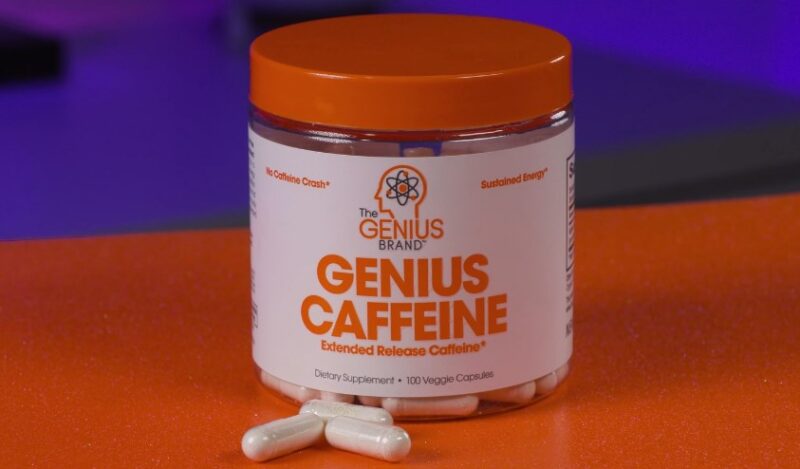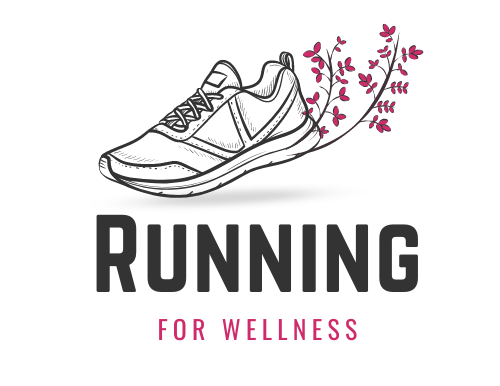Endurance and stamina define a runner’s potential to:
- Train harder
- Race longer
- Recover faster
Without them, performance suffers and goals remain out of reach.
Nutrition and consistent training are essential, but supplementation can sharpen an already focused regimen.
Scientific evidence supports targeted supplements that enhance energy metabolism, reduce fatigue, and promote efficient recovery.
1. Carbohydrates

Carbohydrates fuel endurance runs by maintaining muscle glycogen, the primary energy reserve during sustained activity.
Depletion leads to early fatigue and declining pace. Runners benefit greatly when carbohydrate intake supports stable blood glucose and delays exhaustion.
Intra-race fueling becomes essential for long-duration runs. Fast-absorbing carbs such as gels, chews, and energy drinks replenish energy stores.
Intake typically ranges between 30 to 90 grams per hour, with adjustments based on intensity and individual needs.
Pre-race carb-loading maximizes glycogen saturation and sets the stage for sustained effort. Recommendations suggest 8 to 12 grams of carbohydrates per kilogram of body weight per day for two to three days before competition.
Key protocol and strategies include:
- 30–90g carbs per hour during races
- 8–12g carbs/kg body weight/day during carb-loading
- Use of energy gels, chews, or sports drinks during events
2. Beta-Alanine
Beta-alanine increases intramuscular carnosine, which buffers hydrogen ions generated by intense physical activity.
That process delays fatigue triggered by lactic acid buildup, allowing longer output at higher intensity.
Endurance runners, especially those training on hills or with speed intervals, benefit from sustained muscle performance under stress.
Races involving tempo surges or short bursts show the clearest improvements.
Users may notice tingling sensations, which subside or can be minimized by splitting doses.
Summary of usage
- 4–6g per day for 4+ weeks
- Ideal for races with tempo changes or high-intensity bursts
- Delays fatigue by buffering acid buildup in muscles
3. L-Glutamine
L-glutamine contributes to recovery, immune defense, and hydration.
Endurance activity reduces glutamine stores, leaving muscles prone to soreness and immune systems more vulnerable to stress.
Gut function and hydration benefit as well. Sodium uptake improves with glutamine intake, enhancing fluid retention during long, hot training sessions.
Post-exercise supplementation helps restore amino acid balance, reduce muscle breakdown, and support immune health.
Suggested doses fall between 5 and 10 grams following intense sessions.
Highlights of glutamine’s role:
- 5–10g post-exercise
- Supports hydration through sodium absorption
- Enhances muscle recovery and immune response
4. Omega-3 Fatty Acids (Fish Oil)
Omega-3s help manage inflammation caused by repetitive impact on joints and soft tissue. Long-distance runners often experience aches, stiffness, or swelling without proper support.
EPA and DHA contribute to cardiovascular performance, improving oxygen delivery and recovery rate. Regular fish oil supplementation aids in sustaining daily training volume without joint breakdown.
- Reduced inflammation and soreness
- Cardiovascular efficiency
- Joint and connective tissue protection
- Dosage: 1000–3000mg per day with meals
5. Electrolytes

Endurance running leads to loss of sodium, potassium, and magnesium through sweat.
Without replacement, athletes face dehydration, cramps, and mental fog.
Balanced electrolyte intake maintains hydration, supports nerve function, and prevents performance collapse.
Athletes often rely on powders, tablets, or electrolyte-enhanced drinks during training and competition.
Recommended intake per hour during races:
- Sodium: 500–1000 mg
- Potassium: 150–300 mg
- Magnesium: 30–50 mg
Replenishing these key minerals prevents “bonking,” a dramatic drop in energy caused by electrolyte imbalance.
6. Creatine Monohydrate
Creatine monohydrate fuels repeated high-intensity efforts by replenishing ATP, the body’s fastest and most immediate source of energy.
While often linked to strength athletes, its benefits translate directly to endurance runners who face power-demanding moments throughout races and training cycles.
Tackling steep inclines, responding to surges, and finishing strong all rely on rapid bursts of energy.
Creatine helps sustain those efforts without early fatigue. It also enhances water retention in muscle cells, improving hydration and aiding muscle recovery.
Unlike quick-use supplements, creatine requires a build-up phase. Long-term consistency ensures muscle saturation and continuous benefits.
Users often experience increased training volume and better adaptation to intensity, particularly in workouts involving intervals, tempo runs, or hill repeats.
- 3–5g per day long-term
- Enhanced recovery and ATP replenishment
- Boosts short bursts of power in training or races
7. Caffeine

Caffeine sharpens mental clarity while enhancing physical stamina. It works by blocking adenosine receptors, which reduces fatigue perception and encourages sustained intensity.
That means longer, harder effort with a reduced sense of strain.
For endurance runners, caffeine is valuable during long races and intense workouts. It helps preserve glycogen by encouraging the body to burn fat first, delaying energy crashes late in the effort.
In cooler climates or early mornings, it also serves as a reliable mental jumpstart before a long session.
Testing dosage during training is essential, as tolerance, side effects, and response vary significantly.
Smaller micro-doses mid-race help maintain alertness and combat energy dips during longer events like marathons or ultras.
Caffeine use checklist:
- 3–6mg/kg before running
- Optional micro-doses during races
- Sources: caffeine capsules, gels, pre-workouts
- Improves energy, focus, and endurance
8. CoQ10
@londonsuperclinic Co@10, the enzyme with a lot of Q-factor! Coenzyme Q10 is a powerful antioxidant that supports heart health and energy levels. a This enzyme is a real powerhouse, helping to protect cells from damage and keep the body running smoothly. Get your CoQ10 on! CoQ10 benefits: - Supports heart health -Maintains energy levels - Fights free radicals and oxidative stress - Promotes cellular health - Protects against aging - Boosts brain function - Reduces inflammation - Improves immunity - Aids in metabolic function #royalwharfclinic #healthandwellness #supplements
Coenzyme Q10 plays a vital role in cellular energy production by facilitating electron transport within mitochondria.
Improved mitochondrial function allows more efficient oxygen use, which is critical in long-duration running efforts.
Increased efficiency means less energy wasted and better endurance output.
CoQ10 helps runners delay the point of fatigue, maintain consistent pacing, and recover faster between workouts.
It supports the heart, protects against oxidative stress, and keeps muscles functioning at a high level during peak training periods.
Its antioxidant properties also minimize tissue damage, especially during periods of high mileage or back-to-back race efforts.
CoQ10 is commonly used during taper weeks and racing blocks to sustain energy and protect recovery pathways.
CoQ10 in practice:
- 100–200mg per day
- Promotes cellular energy and endurance
- Reduces fatigue and muscle damage
The Bottom Line
Supplements alone cannot replace solid nutrition or smart training, but they can amplify the results of both.
When used correctly, they enhance stamina, extend endurance, and reduce recovery time.
Athletes should never wait until race day to try a new supplement; each product must be tested during training to assess compatibility and performance benefits.
For safety and optimal results, always consult a healthcare professional before introducing new supplements into a regimen.
Related Posts:
- How Can You Start a Career as a Running Coach?
- Lower Back Pain While Running? Here's What You Need to Know
- Nutrition Tips for Runners - What to Eat Before and…
- How Long Does It Take to Train for a Half Marathon?
- Should You Run on an Empty Stomach? Pros and Cons Explained
- How To Recover From Muscle Inflammation Without Medication







